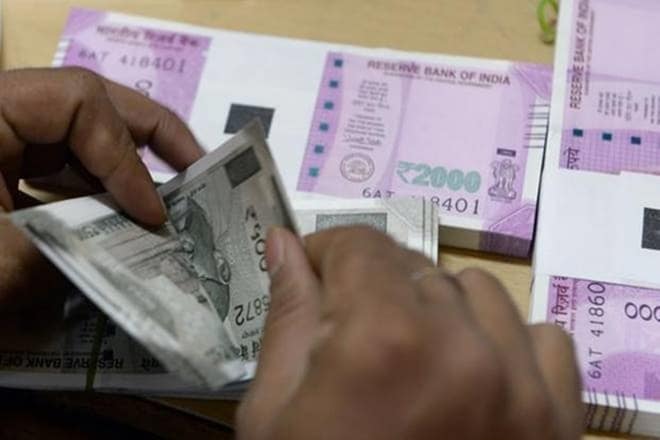Post-retirement, most people look for the best place to keep their savings safe while earning a moderate rate of return on them. Investment options such as bank FDs and RDs, Senior Citizens’ Savings Scheme (SCSS), post office FDs and RDs, Pradhan Mantri Vaya Vandana Yojana (PMVVY), National Pension System (NPS), and mutual funds are some of the investment avenues catering to senior citizens. Some of these offer higher interest rates with personalized services convenient for senior citizens above 60 years of age.
Options like bank FDs, SCSS, post office FDs, and PMVVY are low-risk fixed return investment options, whereas options like mutual funds are relatively high-risk and high-return funds. Though it generally depends on the need of an individual, to get the ideal portfolio for a senior citizen, experts suggest one should have the combination of both low-risk fixed return investment options, and relatively high-risk high-return funds, in order to get regular income along with wealth creation.
Investments are made focusing on either of these two things: investing for growth (wealth creation) or for monthly income generation. Before you zero down your options, find out what are the options available for senior citizens and what suits you the best:
Senior Citizens Savings Scheme (SCSS)
This government-backed savings scheme is known to be more secure than bank FDs because the investments in the Senior Citizens Savings Scheme are held with the government. It comes with a tenure of 5 years which can also be extended by another 3 years. Investments in SCSS are tax deductible up to Rs 1,50,000 lakh in a year, but the interest is taxable and comes with an interest rate of 8.7 per cent.
Bank Fixed Deposits and Recurring Deposits
Senior citizens enjoy higher interest rates than regular customers on bank fixed deposits and recurring deposits. Banks generally provide 0.5 per cent higher interest rate than normal rates. Under Section 80 TTB of the Income Tax Act, 1961, interest income up to Rs 50,000 per annum is tax-free for senior citizens, which includes interest on post office FDs, post office RDs, bank FDs, bank RDs, and savings account. Generally, customers get only up to Rs 10,000 per year as tax-free interest from savings accounts under Section 80 TTA of the Income Tax Act, 1961. Though the interest is taxable, investments in bank FDs (5-year tenure) get tax benefit up to Rs 1,50,000 lakh.
Pradhan Mantri Vaya Vandana Yojana (PMVVY)
Pradhan Mantri Vaya Vandana Yojana is a fixed deposit with LIC (Life Insurance Corporation of India) that comes with an interest rate of 8 per cent and a tenure of 10 years. On investment in PMVVY, there is no tax deduction under Section 80C. However, the interest rate payable under PMVVY is fully taxable. It is relatively a low-risk investment option as PMVVY is held with LIC.
Post Office FDs and Recurring Deposits
The Post Office FDs and RDs are exactly like bank FDs and RDs. The investments go directly to the government and are much safer, unlike bank FDs and RDs that are only protected up to Rs 1 lakh under the Deposit Insurance Credit Guarantee Corporation (DICGC). Unlike bank FDs and RDs, post office deposits are also free from TDS deduction. Though the interest is taxable, investments in post office FDs, 5-year tenure gets tax benefit up to Rs 1,50,000 lakh. For monthly income one can also opt for the monthly income scheme called Post Office Monthly Income Scheme (POMIS).
National Pension System (NPS)
One can invest in the National Pension System from 18 to 65. Hence, senior citizens can also invest in it. Also, an NPS account can be extended all the way to the age of 70 once it is opened. As per the investor’s choice, the money is invested in debt and equity funds to generate returns. 60 per cent of the NPS corpus is tax-free after maturity and the rest 40 per cent of the NPS corpus must be used to buy an annuity (monthly pension). Investors also enjoy tax deduction up to Rs 1,50,000 lakh under Section 80C and up to an additional Rs 50,000 under Section 80CCD(1B).
Mutual Funds
Especially for growth and wealth creation for senior citizens, mutual funds can be brought in a portfolio. Though there are special retirement plans offered by mutual fund houses, experts believe one can achieve high investment returns by investing in general mutual funds. Small and mid-cap funds are high-risk high-return funds, whereas large-cap funds are relatively low risk, among equity funds. ELSS funds are also eligible for tax deduction under Section 80C for investments up to Rs 1,50,000 lakh per annum.


